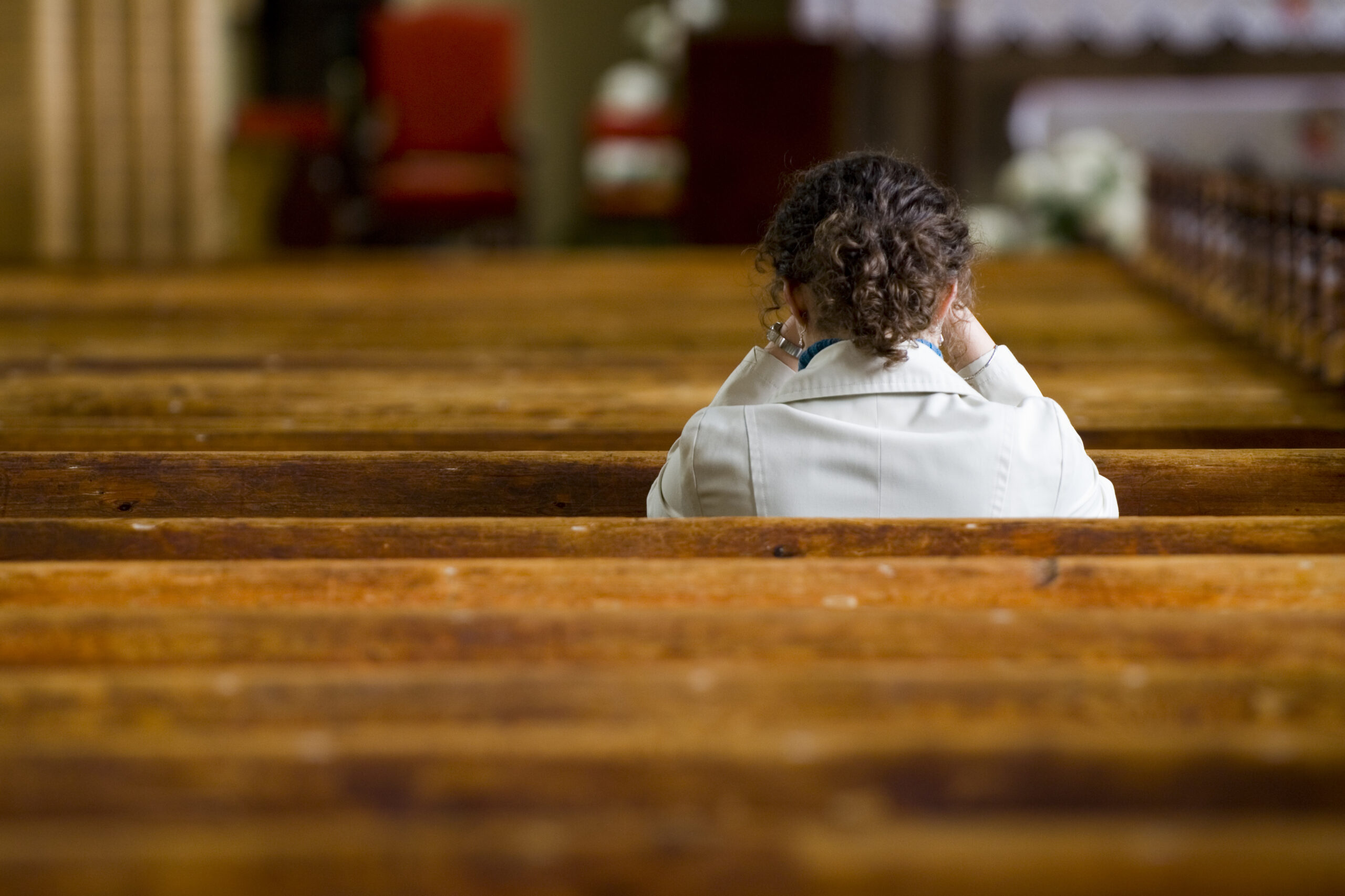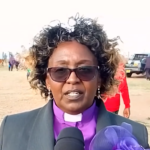Church wounds has at one point been a trending topic in Kenya, and specifically in the urban areas. Many have been hurt by members of the church they attend or serve in. Now more than ever a lot of Christians, both young and old are becoming vocal about being hurt by the church (the church here meaning either a member/leader/and or the whole institution)
So what’s a church wound? Well, in life many different things that people around you have done can hurt you, and it creates a wound. Basically, a church wound is the same but within the body of Christ, what we are calling ‘church’.
Why is this a big deal anyway? Well, for one the church is supposed to be a place where people can find healing, refuge and to find God, who is love. Secondly, the church is made up of complex human beings who are meant to reflect the love of Jesus Christ, but are we doing so?
Rev Tom Otieno, Vicar St. Agustin Madaraka, and Church leader, says “We are all jars of clay, human beings who make mistakes and we all have short comings. Understand that the wounds come from human mistakes, but the wounds stay because we don’t mitigate. You’ll find that churches have poor mitigation and leadership structures when it comes to mitigating wounds that have been created. ”
But how can we go about approaching those who have fallen, or been cast away in the church? It seems to be poorly handled where you find members getting hard hit, with no mercy when facing the heat of a mistake they have done. Rev. Tom goes on to clarify, “Galatians 6:1-2 comforts us and is a direct command. Brothers, if anyone is caught in any transgression, you who are spiritual should restore him in a spirit of gentleness. It’s a direct command. People who are supposed to restore them gently are the mature class of Christians who should step up. They should do it gently and protect the person’s ministry. Lack of gentleness, makes most people run away from the church.”
He adds “Basically, our structures are very poor on the leadership and corporate level. We need to create safe spaces for leaders and for church members. It doesn’t mean that you accept the sin, but the approach should be gentle. Gently meaning tough and tender but very restorative and protective. At a personal level the person who has sinned should repent. You can be sorry but not repentant, so it’s important that the person also be repentant.”
We also had a conversation with two millennial believers of the Christian faith, seeing as this is a generation that seems to be most affected and most vocal when it comes to this discussion. Watch this conversation and how we demystified church wounds on a personal level.







